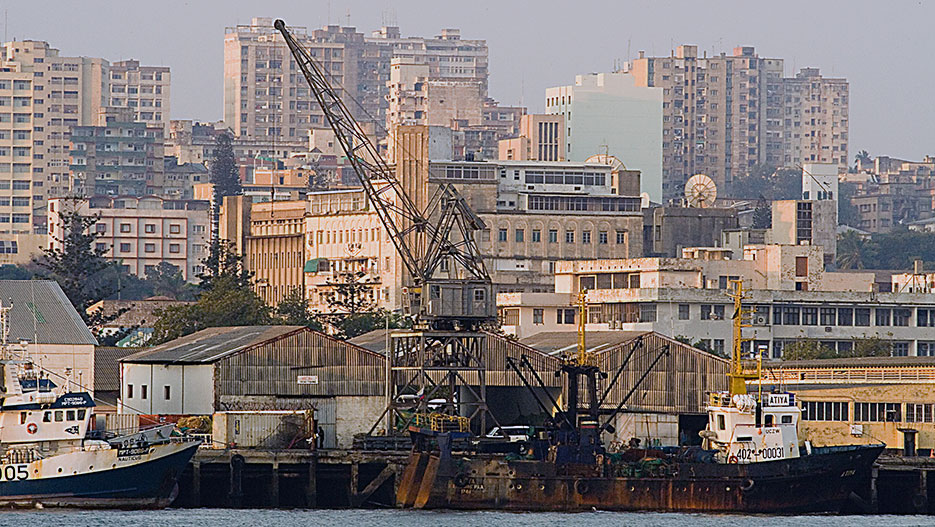Invest in Mozambique: Challenges and Opportunities for Investors
Despite the smooth growth in the economy, pockets of challenges still remain, most of which could be turned into opportunities for the investor community.

Despite the smooth growth in the economy, pockets of challenges still remain, most of which could be turned into opportunities for the investor community.
Key among them is the continuing strife among the FRELIMO and RENAMO. Although the rift led to the September 2014 peace deal, the rift between the two sides still remains and could pose a challenge to investments in the economy.
Fiscal indiscipline is also an issue of concern. With a fiscal deficit as high as 10% of GDP in 2014 and a national debt of 56,8% of GDP, not many businesses would be comfortable operating in such an environment, given the implications on cost of and access to credit. Thus, a strong and progressive push for fiscal consolidation is expected in 2016 to help bridge the fiscal deficit band and close up the widening debt to GDP gap. Inflationary pressures are also persisting and that could pose a concern to the Central Bank.
These notwithstanding, Mozambique‘s economy is well positioned for investments and many opportunities exist for investors. Currently, large projects and infrastructure development related to mining in the centre and in the north of the country offer a unique opportunity to increase spatial inclusion, further decentralization, and expand regional integration, following the successful Maputo Corridor model.
The strong growth in the economy is driven mainly by public expenditure and FDIs, which continue to benefit the construction, services to enterprises, transport and communications, the financial sector and extractive industries sectors of the economy. This means that investors can be assured of good returns if they invest in those sectors.
Also, in spite of lower-than-expected coal production, the country’s extractive sector is an important economic driver. The government completely revised the legal and fiscal framework for the mining and hydrocarbons sector, aimed at increasing revenues and enlarging domestic participation in the sector. A concession contract for a local Liquefied Natural Gas (LNG) plant was negotiated, although the current depression on international oil markets could delay the final investment decision and implementation.
It is also worthy to note that the country has structured its development strategy along Regional Spatial Development Initiatives Programmes (RSDIP) and Growth Poles (GP). These seek to amplify the impact of limited financial resources by optimising infrastructure investments in key areas or along geographic corridors. Typically anchored on large public projects, the RSDIP and GP approaches aim to foster spill over growth by attracting small and medium-sized enterprises up and downstream of large scale investment projects. The Maputo Development Corridor, which provides a model for RSDIP and GP strategies, is among the most well-developed corridors in sub-Saharan Africa and it has been highly successful in generating local economic development.
As the President of the Mozambique Chamber of Commerce said: “Mozambique is developing and there are several opportunities”. One of them is in the agricultural sector, where peasant cropping is still the order of the day, providing “Nowadays, we have a dam that transforms our energy, this is a possibility for an investor. In agriculture, we have many territories that could do better if machines were to be used because we don’t have machines. The type of agriculture we have is underdeveloped and hand-operated, but we need machines to internationalize and sell our agriculture and by-products. Tourism is also one of the areas in which I would invite people to invest. Our tourism is the best in the world”.
Read More:
– Politics and Stability: An Overview of Mozambique’s Political History
– Mozambique: An Economic Star Yearning for More Investments